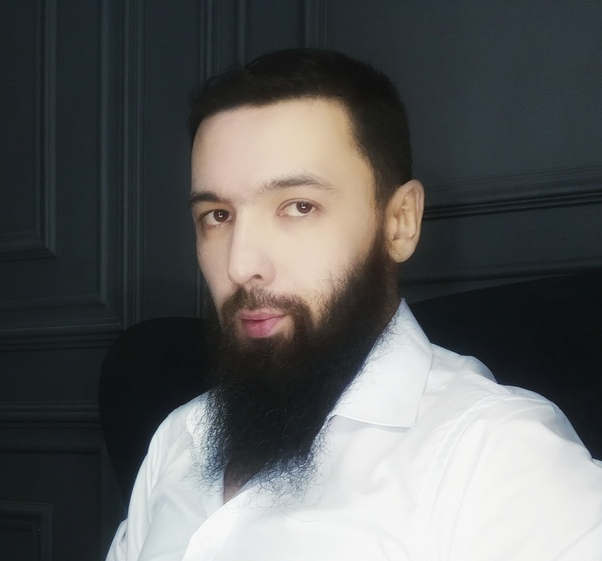
In an age obsessed with appearances, exposure, and validation, we unknowingly open ourselves up to one of the most destructive unseen forces: the evil eye (al-‘ayn). Unlike myths and folklore, the evil eye in Islam is a real and potent form of harm, confirmed by Qur’an, Sunnah, and centuries of Islamic scholarship.
This article explores how the evil eye infiltrates our lives, how modern habits have intensified its spread, and how to shield yourself with ruqyah and Islamic protection techniques.
What is the Evil Eye?
The evil eye is the spiritual effect of envy or admiration cast from one person onto another—sometimes deliberately, sometimes accidentally. The Prophet (peace be upon him) said:
“The evil eye is true, and if anything could change the divine decree, it would be the evil eye.”
(Sahih Muslim)
It strikes when a person sees something they admire—beauty, wealth, success, talent—but fails to invoke Allah’s name. That admiration becomes an arrow of harm.
Even those closest to you—friends, family, and loved ones—can unintentionally harm you.
How the Evil Eye Destroys Lives
The evil eye is not a superstition; it can ruin what you love most:
- A thriving business collapses without reason.
- A beautiful child suddenly becomes ill or fearful.
- Married couples who were once deeply in love fall into unexplained conflict.
- A confident person is overtaken by sadness, insecurity, or withdrawal.
It attacks silently and gradually. One moment, everything is fine. The next, you feel like your life is unraveling, but doctors, counselors, or logic offer no answers.
Modern Life: A Breeding Ground for Ayn
In the age of Instagram, TikTok, and constant exposure, we invite envy into our lives daily.
- We post our children’s faces, their achievements, and moments of joy—publicly.
- We display our homes, wealth, and lifestyle without realizing who’s watching.
- We announce every success, not realizing how many scroll in silence with a heart full of jealousy.
Not all viewers are malicious. But without invoking Masha’Allah or TabarakAllah, even admiration can become spiritually harmful.
Symptoms of the Evil Eye: How to Recognize It
The symptoms vary depending on the nature and strength of the evil eye. Some signs include:
- Sudden fatigue, laziness, or heaviness in the body
- Frequent yawning, especially during Qur’an recitation
- Feeling anxious, downcast, or paranoid without a cause
- Loss of appetite, headaches, nausea, or stomach pain
- Nightmares, especially involving animals or drowning
- Difficulty concentrating or completing tasks
- Tension between loved ones or unexplained hatred
- Avoiding prayer or spiritual activities
Children often cry excessively, lose their desire to eat, or become fearful.
False Solutions: Avoiding Shirk and Superstition
The evil eye is dangerous, but running to charm-sellers, palm readers, or “Islamic” healers who mix Quran with magic is worse. It opens the door to shirk (associating partners with Allah) and spiritual slavery.
Any healer who:
- Requires birth dates or mother’s name
- Uses jinn to “locate the problem”
- Offers talismans (taweez)
- Recites in an unknown language or uses numbers
…should be avoided entirely. This is not ruqyah—it is misguidance.
Conclusion: Protect Your Light
The evil eye is not a myth. It’s a weapon of unseen destruction. But your protection is simple, powerful, and divine. With regular adhkar, ruqyah, and a modest lifestyle, you create an impenetrable shield of light around you and your loved ones.
Rely only on Allah, trust His mercy, and walk in humility—not in fear.

